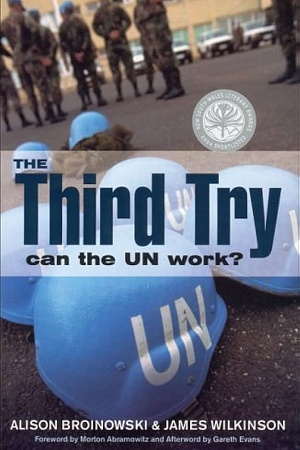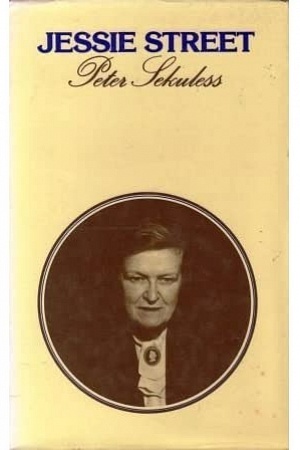The Monkey and the Dragon: A True Story about Friendship, Music, Politics and Life on the Edge
Text, $32 pb, 438 pp
In Your Face
How seriously do we take an author who, in her mid-forties, writes about ‘street cred’, calls a department store ‘humungous’ and, discussing Deng Xiaoping’s reforms, asks: ‘Bourgeois decadence? Hel-lo.’? Linda Jaivin studied one of the world’s most difficult languages in Taiwan, Hong Kong and the People’s Republic of China, and, as a scholar and journalist, published perceptive analyses of China. Then she turned to fiction and biography.
Jaivin grew up in Connecticut, clever and Jewish, but not belonging. In China, she didn’t have to care about belonging. There she found soul mates, Chinese and foreign, who also chose to live ‘on the edge’. Pop culture was their politics. In 1981, while working as a journalist in Hong Kong, Jaivin met Hou Dejian, whose song ‘Heirs of the Dragon’ had made him a superstar in Taiwan in 1978 and would do the same in Beijing in 1983. Both were already practising the art of doing the unexpected. They became great friends, but not lovers.
Continue reading for only $10 per month. Subscribe and gain full access to Australian Book Review. Already a subscriber? Sign in. If you need assistance, feel free to contact us.















Leave a comment
If you are an ABR subscriber, you will need to sign in to post a comment.
If you have forgotten your sign in details, or if you receive an error message when trying to submit your comment, please email your comment (and the name of the article to which it relates) to ABR Comments. We will review your comment and, subject to approval, we will post it under your name.
Please note that all comments must be approved by ABR and comply with our Terms & Conditions.